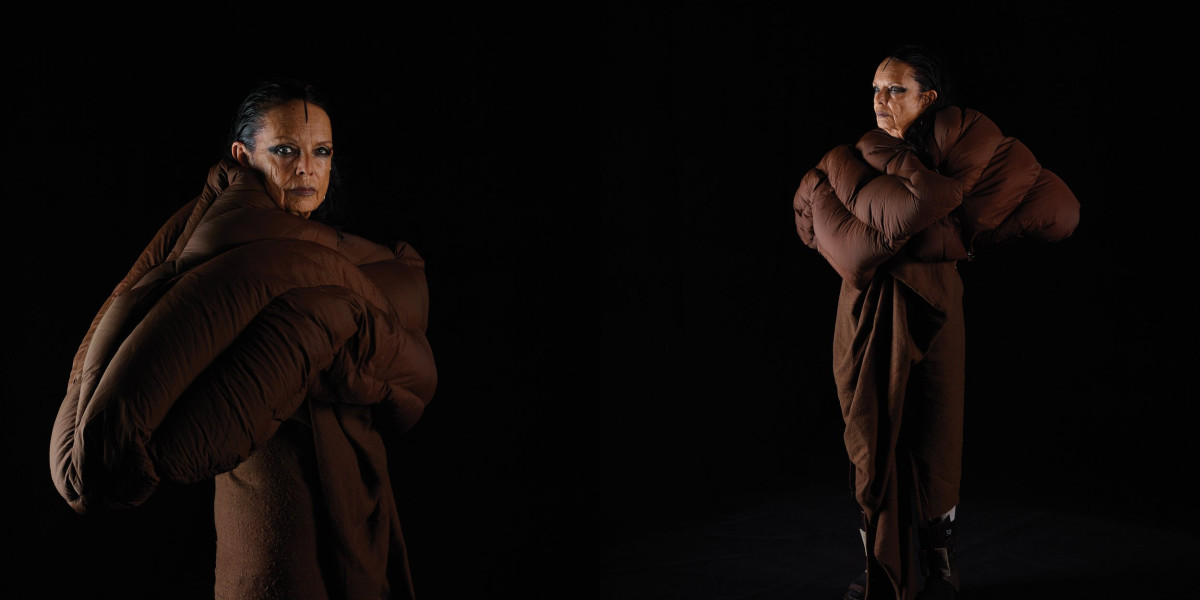Clothing is often seen as a necessity, a social obligation, or a means of self-expression. But if we pause and examine the threads we weave around ourselves each day, a deeper question arises: What do our clothes say about who we are, fasion and philosphy what we believe, and the world we live in? The philosophy behind what we wear is a layered conversation one that stretches across culture, ethics, psychology, and aesthetics.
Clothing as Identity
From the moment we pick an outfit in the morning, we are making a statement. Whether consciously or not, what we wear reflects how we want to be perceived and how we see ourselves. A minimalist might opt for neutral colors and clean lines, signaling simplicity or detachment from consumerist culture. A fashion-forward dresser may seek individuality or rebellion, embracing bold patterns and unconventional cuts.Clothing, in this way, becomes a wearable language. It tells stories of gender, status, culture, and even rebellion. As philosopher Jean-Paul Sartre once suggested, existence precedes essence—our choices, including our fashion, define us more than any label ever could.
Ethics Woven Into Fabric
In the age of fast fashion, the question of where our clothes come from is just as important as what they look like. The philosophy of what we wear must also confront the ethical implications: Who made this garment? Were they paid fairly? What impact does this fabric have on the environment?The rise of ethical and sustainable fashion reflects a growing awareness that clothing is not neutral—it has consequences. By choosing second-hand, fair-trade, or eco-conscious brands, wearers express a value system that extends beyond the mirror. In essence, each wardrobe becomes a moral choice, stitched together with threads of responsibility.
Cultural and Historical Threads
Clothing also carries cultural memory. Traditional garments—be they saris, kimonos, kilts, or hijabs—serve as both personal and collective expressions. They root us in history and heritage, often resisting homogenization in a globalized world. The philosophy of dress here is deeply tied to identity, ancestry, and resistance.Conversely, cultural appropriation highlights the tension between appreciation and exploitation. Who has the right to wear what, and why? In this context, fashion becomes a political act—a conversation about power, respect, and recognition.
The Aesthetics of Expression
Aesthetics, a branch of philosophy, asks why beauty matters and how it shapes our experience. In fashion, beauty becomes personal. Some see the body as a canvas for art, choosing outfits that inspire, provoke, or celebrate life. Others argue that fashion should be functional, freeing the mind from the distractions of appearance.Regardless of approach, fashion invites us to engage with ourselves. It becomes a ritual of care, disgner a form of embodiment, or even a philosophical stanceembracing change, fluidity, or tradition.
Conclusion: Dressing the Self
At its core, the philosophy behind what we wear is about intention. Are we dressing to conform or to question? To connect or to stand apart? To protect, to express, or to provoke?Clothing is never just clothing. It is a complex interplay between self and society, material and meaning, body and mind. Each outfit is a quiet act of philosophy, stitched with thought, woven with worldview.








